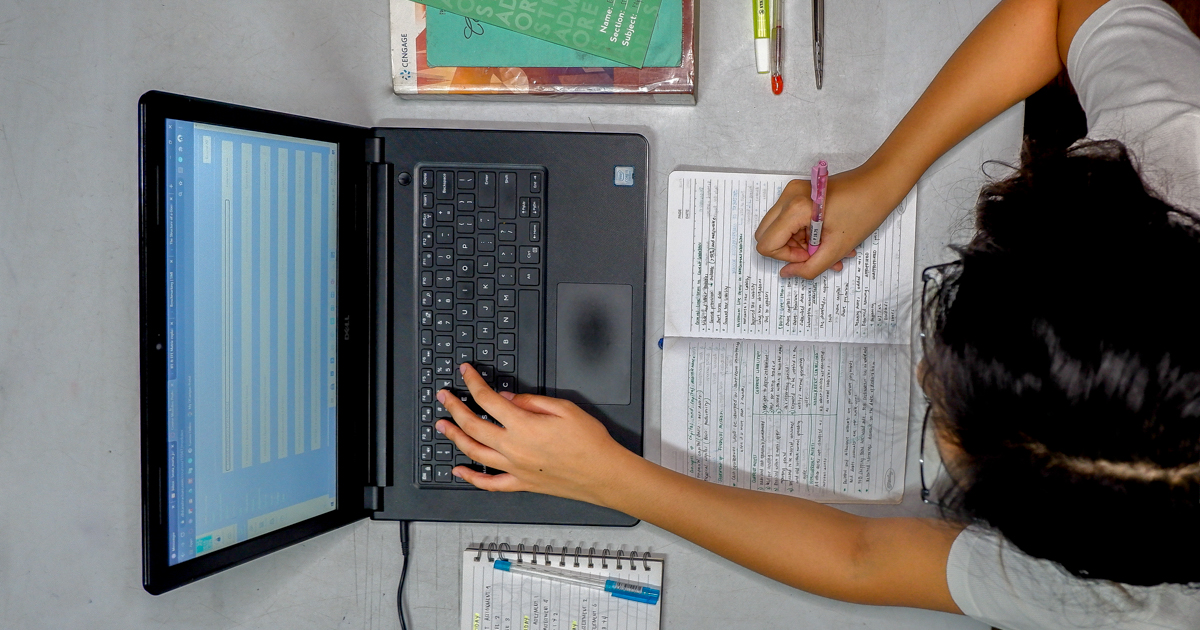
As the first semester nears its end, college students still find themselves having difficulty adjusting to the current self-paced and self-directed Borderfree education setup in De La Salle Lipa (DLSL).
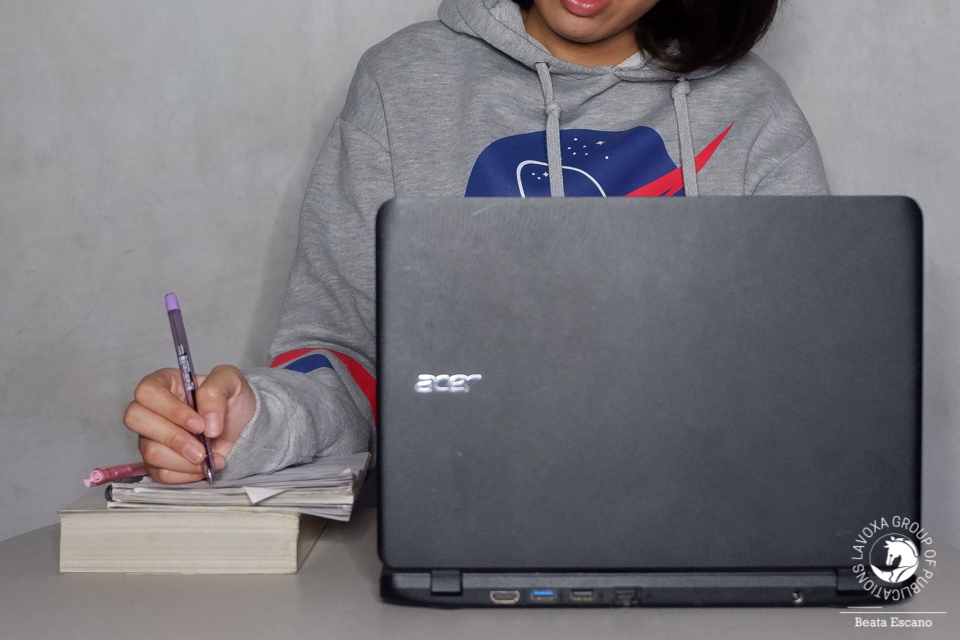
In the Borderfree education survey conducted by Student Government (SG) last September, 52.6% of college students stated that they favor the asynchronous system currently being used by the school, however, 47.4% still prefered synchronous learning.
Tiffany Tan, the executive treasurer of SG, expressed that although this current setup may be favorable for half of the student population, they still receive numerous complaints.
“I think kaya pa [itong] i-improve […] Kasi kung talagang sufficient ‘yung natutunan natin, hindi ganito kadami ang matatanggap [namin] na reports from the students,” said Tan.
Dissatisfaction with self-paced learning
With the asynchronous setup, students said they still feel the need to be guided more by their college instructors in order to completely grasp the contents of their modules.
Jullia Erikka Urmeneta, a second year Legal Management student, pointed out that the provided modules are not enough to fully learn her courses.
“Hindi talaga sapat ‘yung mga Powerpoint at YouTube videos lang ang kaharap mo. […] Kung kaya [ay] magkaroon ng synchronous classes pa din, pwede [rin] namang recorded lectures para mabalikan,” Urmeneta said.
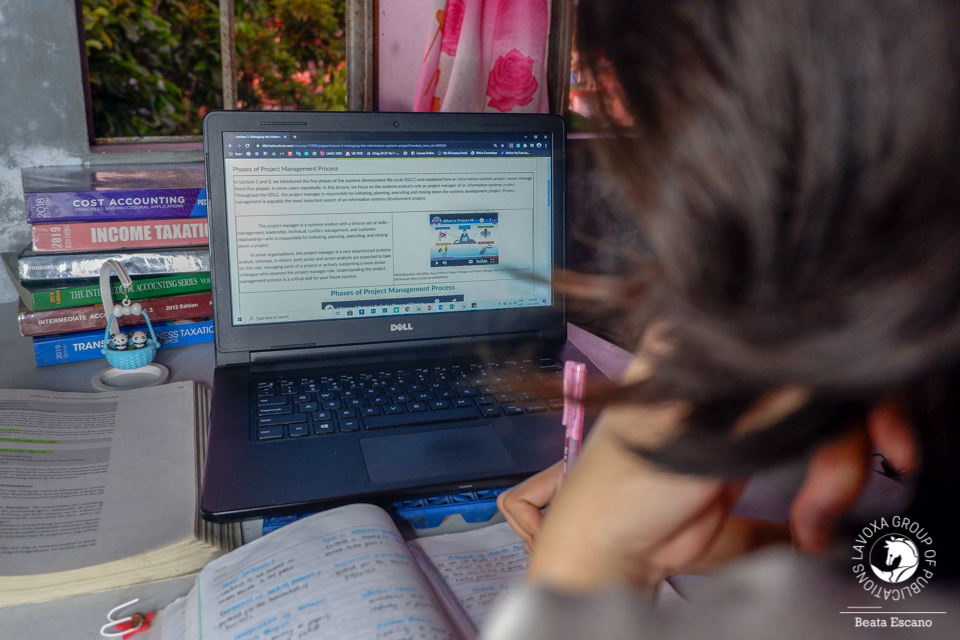
Meanwhile, Austine Jay Ubaña, a third year Biology student, appreciated the modules inserted in his courseworks but agreed that it is not for everyone.
“[The modules] are detailed and honestly, I never felt the need to rely on other materials. Although, the thing is, not everyone can self-study, so the synchronous learning system has its own benefits that the modular system cannot quite reach,” said Ubaña.
Iezyl Torino, DLSL’s vice chancellor for academics (VCA), assured that she was well-informed of these concerns especially among students of “highly skills-based competencies” such as engineering, nursing, and accounting programs, and said that they are considering providing more synchronous classes with instructors for the following semester.
“We are actually open to the idea that there are courses which would actually need more synchronous rather than asynchronous, pero case-to-case ‘yan. At nakita na natin ‘yung cases where [synchronous setups] will actually go through for the second semester,” said Torino.
Moreover, problems also arise with laboratory activities which are to be performed at home with the guide of their modules.
Ahzele Maranan, a second year Psychology student, stressed that virtual laboratories are not a sufficient replacement to physical laboratory experiments.
On this, Torino said that the administration is constantly looking for better alternatives such as applications and softwares in lieu of traditional lab experiences. The VCA also stated the possibility of opening the institution for students who have laboratory classes.
“As much as we would want to accommodate students [in] school, hindi talaga siya kakayanin. Siguro magkakaroon tayo pero hindi siya periodical. […] Hindi pwedeng nando’n kayo sa buong school [kasi] maraming-maraming ifo-follow na mga safety protocols,” said Torino.
Concerns over Home Internet Support and fees
As education has shifted online, slow internet connections have still left some of the students unable to navigate smoothly through their coursework.
Paula Pascual, a second year communication student, said that their internet at home controls the pace of her learning and its instability hampers her progress.
“Kadalasan, unstable ang internet connection namin. Nawawala na lang randomly so, ayun, tigil din ang aral,” Pascual said.
As response to students’ concerns over internet connectivity, Torino said that the Home Internet Support fee included in the students’ miscellaneous fees can be utilized by those who have availed either Globe or Smart service from the institution.
Torino added that by now, students should have already filled-out their internet survey form as the Information Communications and Technology Center (ICTC) is already in contact with the internet providers and the Home Internet Support is on its final process of delivery.
However, Torino added that there is no guarantee that the offered service providers will grant stable internet connections.
“‘Di ba noong bumagyo, malakas nga [ang signal], nawawala pa din […] I cannot say that [providing internet support] is a foolproof solution to [lack of] internet connection,” Torino explained.
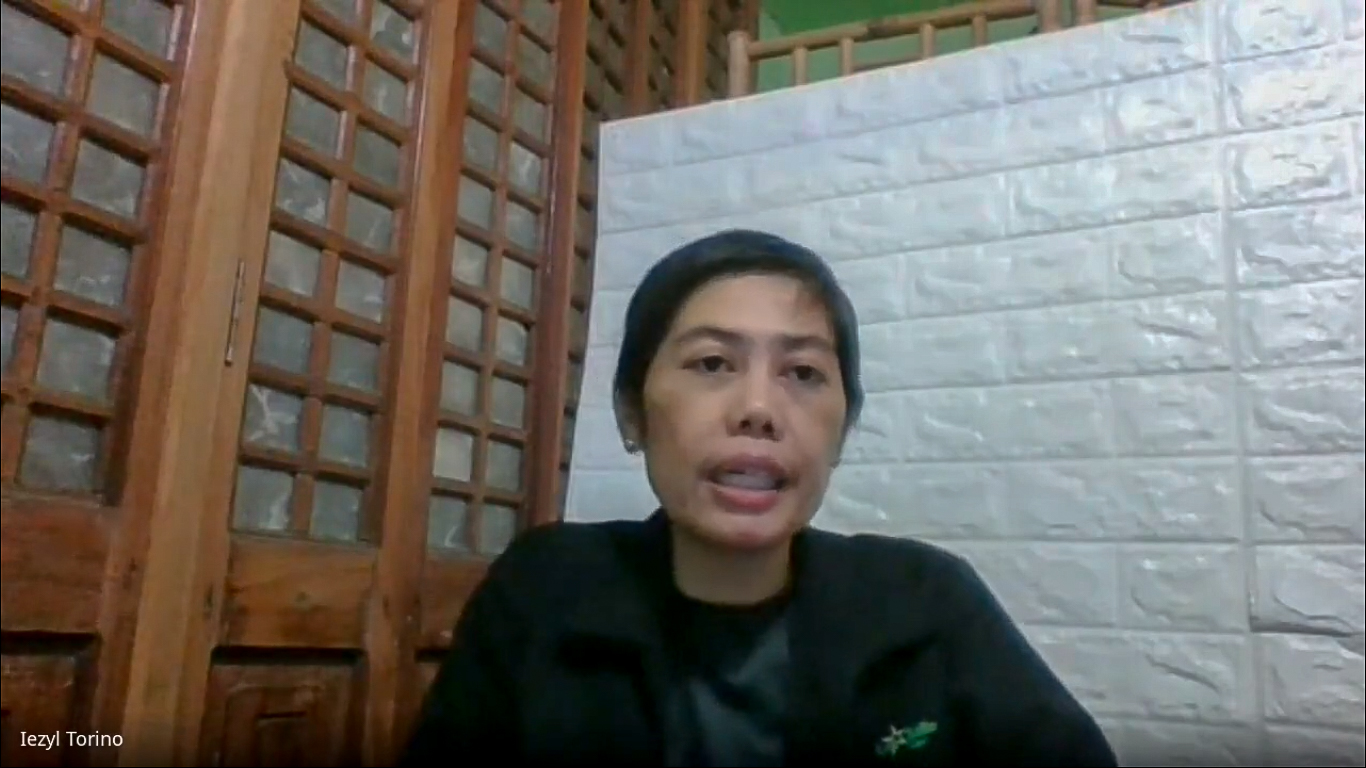
Matthew Malabanan, a first year Psychology student, availed of the service last Nov. 11 as a backup for their unstable internet connection at home, but hoped that the project was initiated sooner as it took more than a month for the package to arrive.
“‘Yung implementation po [took significantly long]. Sayang lang na [sa] second semester halos lang siya ma-maximize,” said Malabanan.
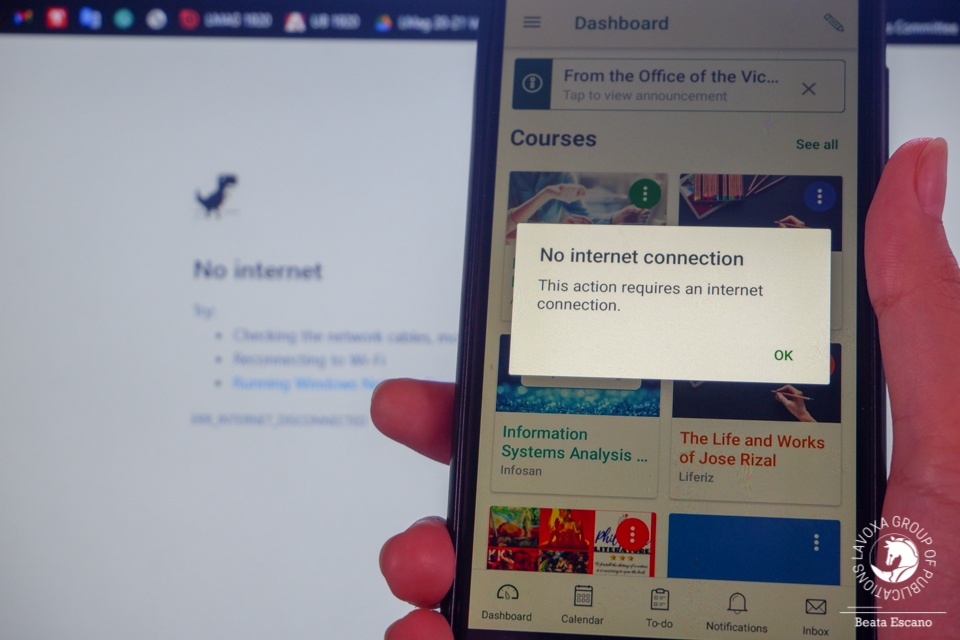
As per students who did not avail said internet services from DLSL, they will be given a refund of the Home Internet Support fee, which is an ongoing process confirmed by the VCA.
However, Kim Lemuel Irigayen, a second year Financial Management student, expressed his disappointment with the pace of the refund process.
“September pa ‘yung sinasabing refund pero ngayon, a few weeks na lang 2021 na, wala man lang natatanggap na anunsyo kung ano na ba ang lagay ng nasabing refund para sa mga students,” said Irigayen.
With regard to the general concern about fees charged this semester, Torino disclosed that no changes will be made for the next term, but she assured that tuition fee discussions with students will always be open.
Changes in the grading system
The administration also made changes in the grading system, counting only two to three summative assessments for the students’ final grades.
Verlin Andre Africa, a second year Accounting Information Systems student, felt burdened about the current grading system.
“I find this system more pressuring than the regular grading system, since there are fewer chances of redeeming higher grades when you get low scores on summative assessments,” said Africa.
Gerard Vincent Dimaano, a first year psychology student, suggested the inclusion of the formative assessments to the final grades.
“The formative assessments honestly could have been a major boost to the final grades if the summatives were low or bound to a failing score,” said Dimaano.
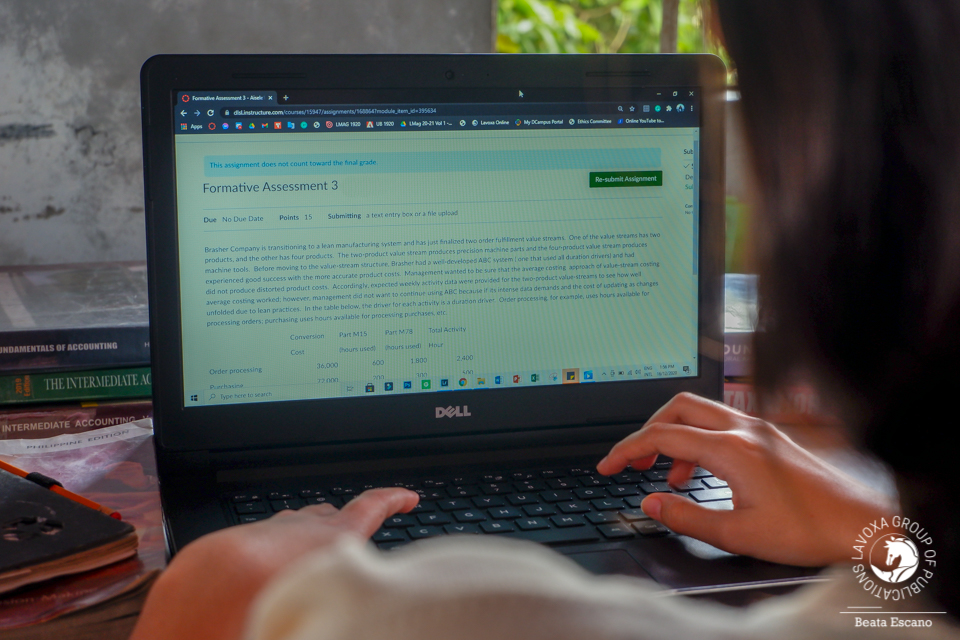
In response, Torino shared that the administration is considering changes on the grading system.
“[Students] would want to give more credit on other forms of engagement, kasi sabi nila, ‘yung effort nila has to be paid, so it has to be numerated. So, ibig sabihin, dapat ma-count. […] So, we are seeing along that line,” said Torino.
***
As student concerns are identified, Torino hoped for continuous conversations with the students, stating that as modalities change, another set of concerns will also occur.
“Although nakikita namin sa [Borderfree Learning Management Platform] feedback form, kumonti na ang concerns, kaya lang, again, ‘pag nagbago ka ng modality, magkakaroon ulit ng [new] wave [of concerns]. Kasi bagong modality, bagong setup,” said Torino.
Torino also mentioned that the administration is busily preparing for the upcoming semester but plans are yet to be publicly announced.